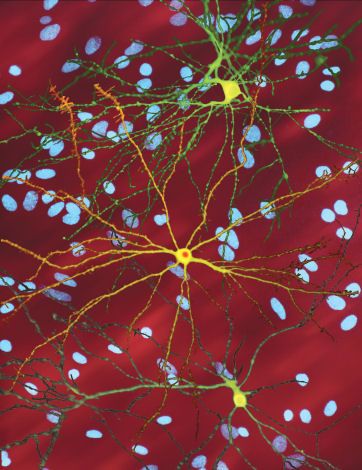Insights from their study may provide a novel therapeutic approach for diseases such as Huntington’s and Parkinson’s.
Associate Professor Roger Pocock, from the Monash Biomedicine Discovery Institute (BDI), and colleagues from the University of Cambridge led by Professor David Rubinsztein, found that microRNAs are important in controlling protein aggregates, proteins that have amassed due to a malfunction in the process of ‘folding’ that determines their shape.
Their findings were published in eLife today.
